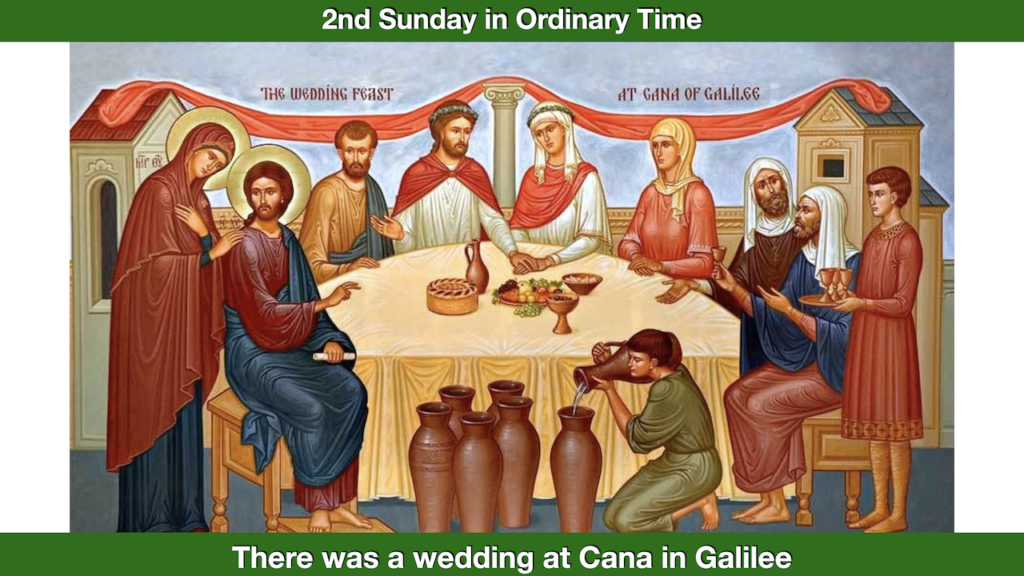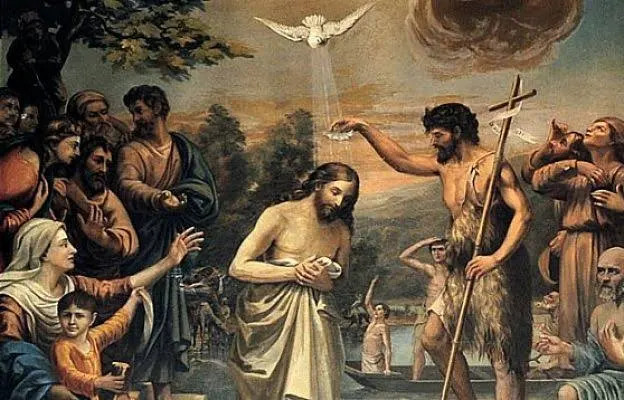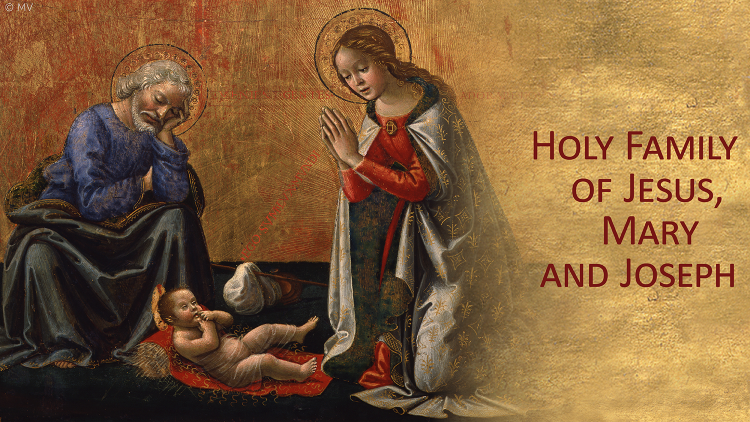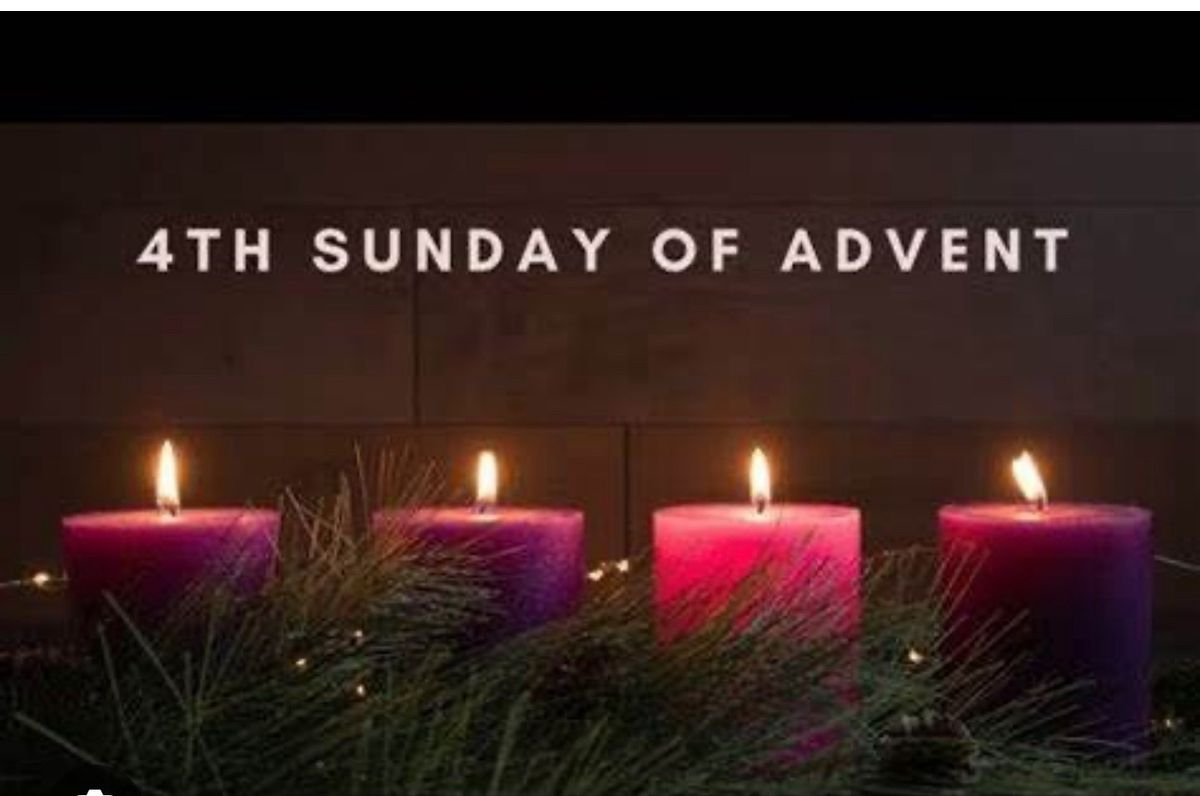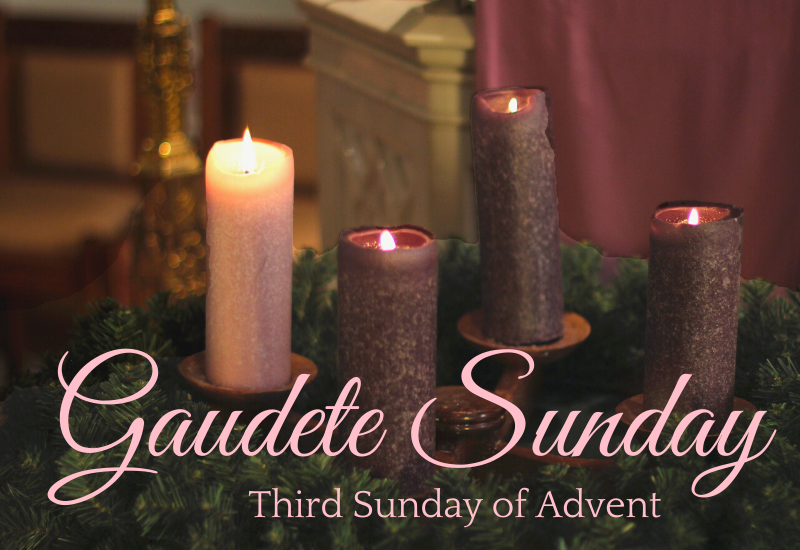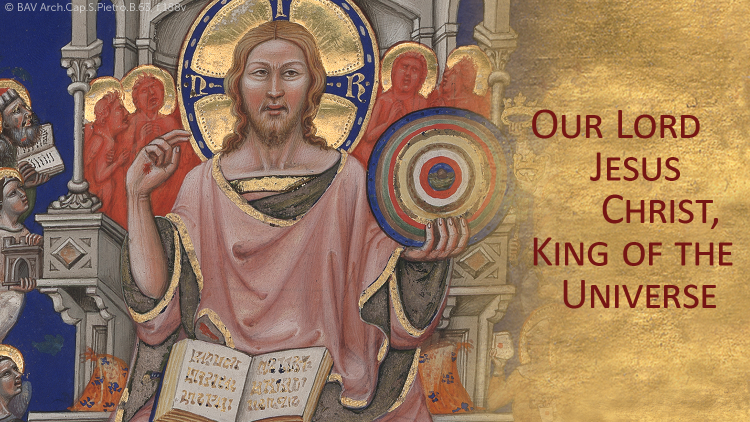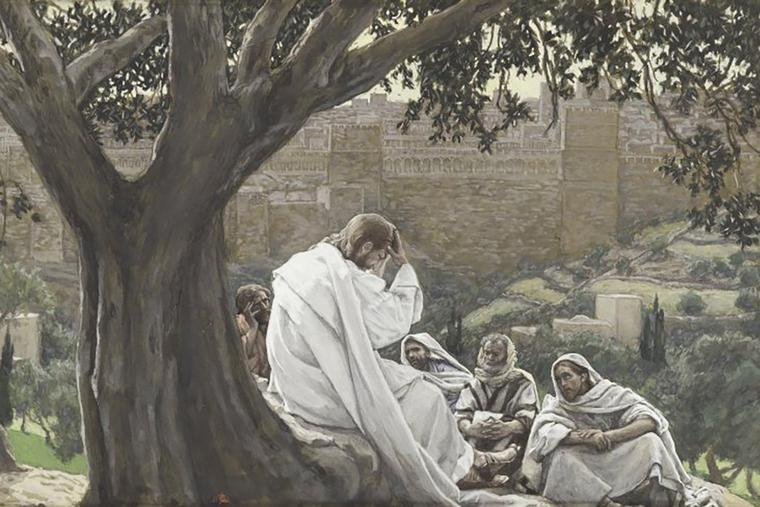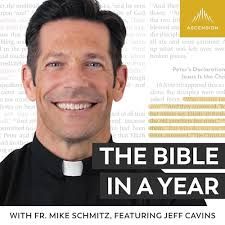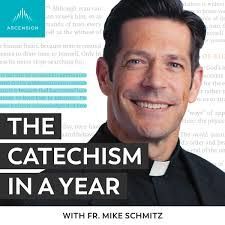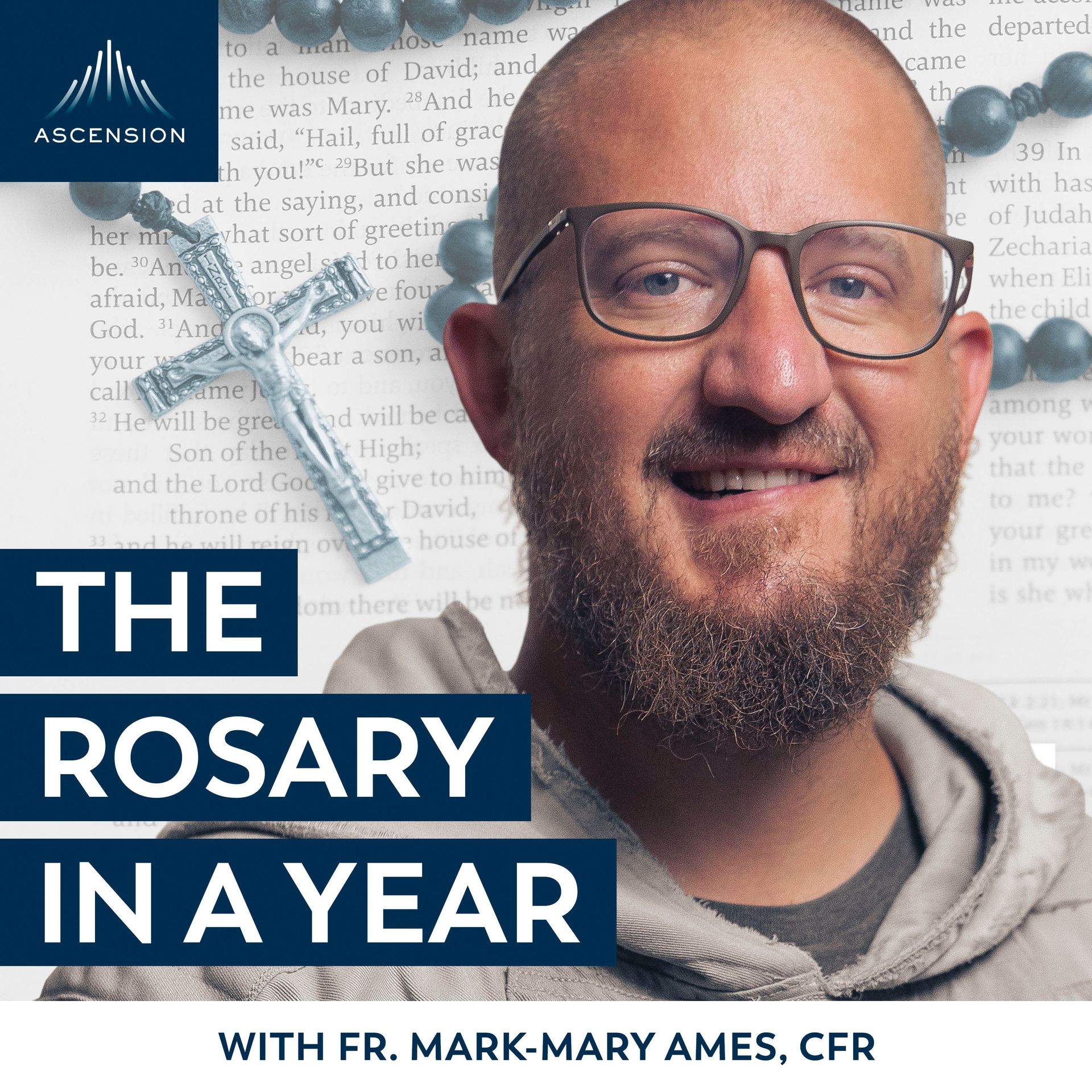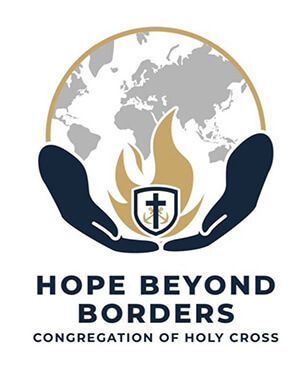Thirtieth Sunday in Ordinary Time, October 29, 2023
Dear Friends,
Thank you for praying for those of us who were on the “In the Footsteps of St. Paul” pilgrimage. What a great experience! We visited the home of Mother Mary and St. John in Ephesus, where they had to live a hidden life. We also visited the island of Patmos where St. John was exiled. There, in a cave located high on a hill, is the place where he dictated the last book of the Bible, the Book of Revelation, to Prokhor, one of his disciples. In addition, we visited the places in Greece and Turkey where Paul preached the Gospel, including Athens, Thessalonica, Philippi, Corinth, and Veria. We celebrated Masses in these places of biblical significance. Paul experienced so much hardship in his endeavor to spread the Gospel, but he never wavered. Holy Scripture came alive as we saw the places where many, many people died as martyrs to spread the gospel. Let us pray for all missionaries who labor in the vineyard of the Lord as we celebrate Mission Sunday in the month of October.
We are privileged to have Sr. Joan Grace visiting us. After laboring in our country for more than 60 years, she went back to her Mother House in Ireland. It is always such a joy to have her return to us. We praise and thank God for her witness. It is great to have you here, Sr. Joan. Please know of our love and appreciation for you.
This week will provide us with many opportunities to gather for worship. On Wednesday, 1 November, we celebrate All Saints Day. It is a Holy Day of Obligation , meaning that we must come to Mass that day. We will have three Masses: 8 a.m., 12.05 p.m. and 7 p.m. On Thursday, 2 November, we celebrate All Souls Day to remember and pray for our beloved dead. We will have three Masses: 8 a.m., 12.05 p.m. and 6 p.m.
Let us continue to pray for our brothers and sisters who are suffering the consequence of inhumane atrocities unleashed by terrorists. We pray for the families of those who have died. May the souls of all who have died rest in peace! We also continue to pray for those who have died and those who are suffering from the prolonged fighting in and around the Ukraine.
Let us now move forward with the Post-Synodal Apostolic Exhortation of Pope Benedict XVI entitled: Sacramentum Caritatis.
Have a Blessed Week!
With love,
Fr. John
Week 18—SACRAMENTUM CARITATI S (THE SACRAMENT OF CHARITY: THE EUCHARIST)
CONTINUATION OF THE POST-SYNODAL APOSTOLIC EXHORTATION SACRAMENTUM CARITATIS OF THE HOLY FATHER BENEDICT XVI TO THE BISHOPS, CLERGY, CONSECRATED PERSONS AND THE LAY FAITHFUL ON THE EUCHARIST AS THE SOURCE AND SUMMIT OF THE CHURCH'S LIFE AND MISSION
PART TWO: THE EUCHARIST —A MYSTERY TO BE CELEBRATED (continued)
"Truly, truly, I say to you, it was not Moses who gave you the bread from heaven; my Father gives you the true bread from heaven" (Jn 6:32) THE LITURGY OF THE WORD
- Together with the Synod, I ask that the liturgy of the word always be carefully prepared and celebrated. Consequently I urge that every effort be made to ensure that the liturgical proclamation of the word of God is entrusted to well- prepared readers. Let us never forget that "when the Sacred Scriptures are read in the Church, God himself speaks to his people, and Christ, present in his own word, proclaims the Gospel"(135). When circumstances so suggest, a few brief words of introduction could be offered in order to focus the attention of the faithful. If it is to be properly understood, the word of God must be listened to and accepted in a spirit of communion with the Church and with a clear awareness of its unity with the sacrament of the Eucharist. Indeed, the word which we proclaim and accept is the Word made flesh (cf. Jn 1:14); it is inseparably linked to Christ's person and the sacramental mode of his continued presence in our midst. Christ does not speak in the past, but in the present, even as he is present in the liturgical action. In this sacramental context of Christian revelation (136), knowledge and study of the word of God enable us better to appreciate, celebrate and live the Eucharist. Here too, we can see how true it is that "ignorance of Scripture is ignorance of Christ" (137).
To this end, the faithful should be helped to appreciate the riches of Sacred Scripture found in the lectionary through pastoral initiatives, liturgies of the word and reading in the context of prayer (lectio divina). Efforts should also be made to encourage those forms of prayer confirmed by tradition, such as the Liturgy of the Hours, especially Morning Prayer, Evening Prayer and Night Prayer, and vigil celebrations. By praying the Psalms, the Scripture readings and the readings drawn from the great tradition which are included in the Divine Office, we can come to a deeper experience of the Christ-event and the economy of salvation, which in turn can enrich our understanding and participation in the celebration of the Eucharist (138).
THE HOMILY
- Given the importance of the word of God, the quality of homilies needs to be improved. The homily is "part of the liturgical action" (139), and is meant to foster a deeper understanding of the word of God, so that it can bear fruit in the lives of the faithful. Hence ordained ministers must "prepare the homily carefully, based on an adequate knowledge of Sacred Scripture" (140). Generic and abstract homilies should be avoided. In particular, I ask these ministers to preach in such a way that the homily closely relates the proclamation of the word of God to the sacramental celebration (141) and the life of the community, so that the word of God truly becomes the Church's vital nourishment and support (142). The catechetical and paraenetic aim of the homily should not be forgotten. During the course of the liturgical year it is appropriate to offer the faithful, prudently and on the basis of the three -year lectionary, "thematic" homilies treating the great themes of the Christian faith, on the basis of what has been authoritatively proposed by the Magisterium in the four "pillars" of the Catechism of the Catholic Church and the recent Compendium, namely: the profession of faith, the celebration of the Christian mystery, life in Christ and Christian prayer (143).
THE PRESENTATION OF THE GIFTS
- The Synod Fathers also drew attention to the presentation of the gifts. This is not to be viewed simply as a kind of "interval" between the liturgy of the word and the liturgy of the Eucharist. To do so would tend to weaken, at the least, the sense of a single rite made up of two interrelated parts. This humble and simple gesture is actually very significant: in the bread and wine that we bring to the altar, all creation is taken up by Christ the Redeemer to be transformed and presented to the Father. (144) In this way we also bring to the altar all the pain and suffering of the world, in the certainty that everything has value in God's eyes. The authentic meaning of this gesture can be clearly expressed without the need for undue emphasis or complexity. It enables us to appreciate how God invites man to participate in bringing to fulfilment his handiwork, and in so doing, gives human labour its authentic meaning, since, through the celebration of the Eucharist, it is united to the redemptive sacrifice of Christ.
(135) General Instruction of the Roman Missal, 29.
(136) John Paul II, Encyclical Letter Fides et Ratio (14 September 1998), 13: AAS 91 (1999), 15-16.
(137) Saint Jerome, Comm. in Is., Prol.: PL 24, 17; cf. Second Vatican Ecumenical Council, Dogmatic Constitution on Divine Revelation Dei Verbum, 25.
(138) Propositio 31.
(139) General Instruction of the Roman Missal, 29; cf. Second Vatican Ecumenical Council, Constitution on the Sacred Liturgy Sacrosanctum Concilium, 7, 33, 52.
(140) Cf. Propositio 19.
(141) Second Vatican Ecumenical Council, Constitution on the Sacred Liturgy Sacrosanctum Concilium, 52.
(142) Second Vatican Ecumenical Council, Dogmatic Constitution on Divine Revelation Dei Verbum, 21.
(143) To this end the Synod has called for the preparation of pastoral aids based on the three-year lectionary, to help connect the proclamation of the readings with the doctrine of the faith; cf. Propositio 19 .
(144) Cf. Propositio 20.
